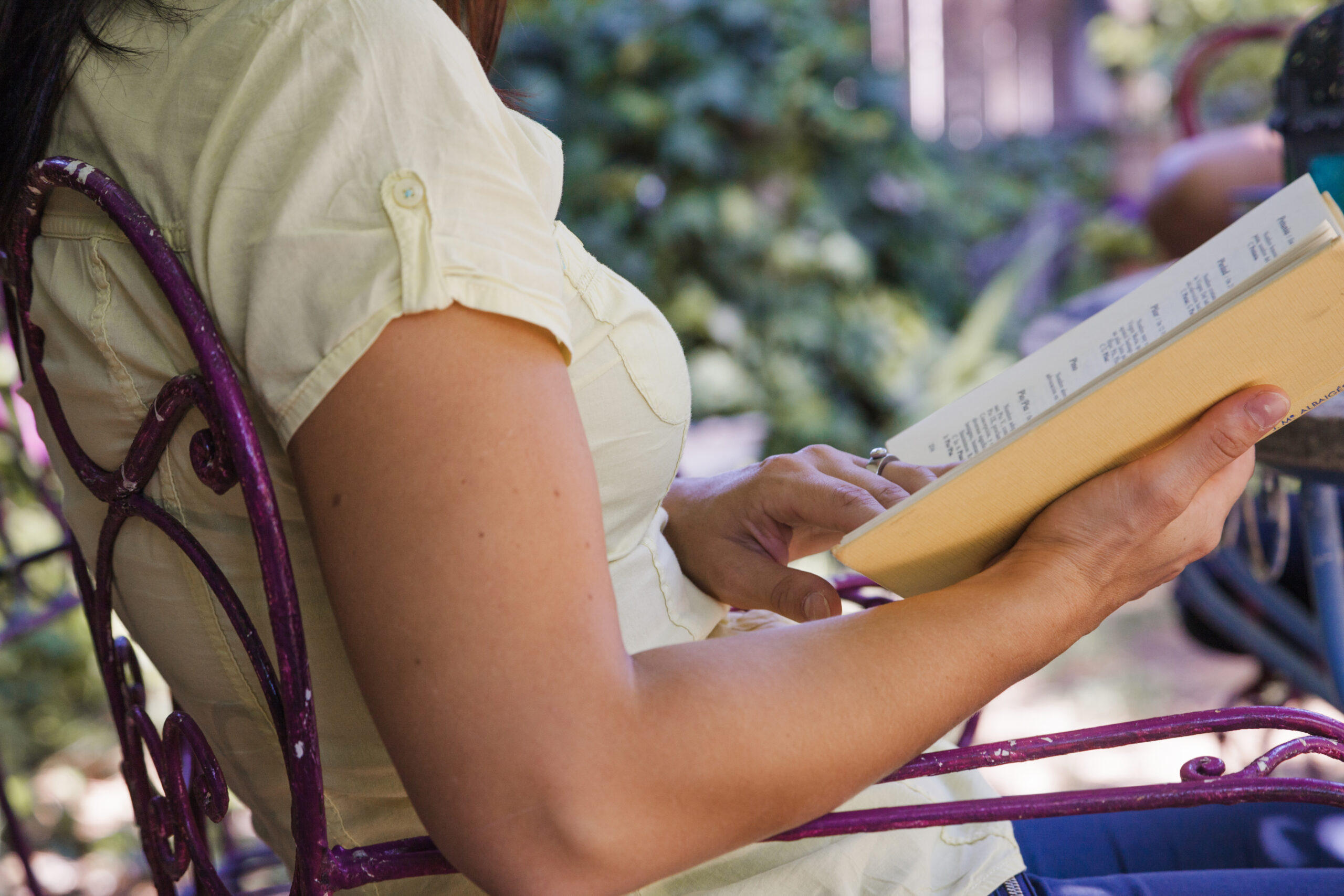Chicano literature has long been a vital force in shaping social justice movements, serving as both a reflection of lived experiences and a catalyst for meaningful change. Through poetry, prose, memoirs, and even performance art, Chicano authors have created a rich tapestry of stories that celebrate cultural identity, challenge systemic inequalities, and inspire future generations to engage in activism. This literature remains a powerful tool for self-expression, visibility, and community solidarity, offering a voice to those often overlooked in broader narratives.
Historical Context: Literature During the Chicano Movement of the 1960s and 70s
The Chicano Movement of the 1960s and 70s was a defining moment in the fight for equality and justice for Mexican Americans and other marginalized groups. During this time, literature became a powerful form of resistance and cultural affirmation. Writers like Rodolfo “Corky” Gonzales and his iconic poem I Am Joaquín captured the struggles and resilience of Chicano identity. This literary work was both a manifesto and a call to action, emphasizing the importance of pride in one’s heritage and the fight against oppression. Similarly, organizations such as El Movimiento Estudiantil Chicano de Aztlán (MEChA) helped provide a platform for literature to foster discussions around social justice, education, and equity.
Key Figures: Authors Who Used Their Voice for Justice
Chicano literature has been shaped by influential figures whose voices have risen above adversity to advocate for change. Rodolfo “Corky” Gonzales, often considered one of the architects of the Chicano literary tradition, used poetry to articulate the pain and power of cultural duality. Sandra Cisneros, author of The House on Mango Street, brought the struggles and triumphs of working-class Latino families to a global audience with her deeply personal storytelling. Other pivotal authors, like Tomas Rivera and Gloria Anzaldúa, explored themes of migration, identity, and intersectionality, providing new frameworks for understanding cultural resistance and empowerment.
Literature as a Tool for Cultural Preservation and Resistance
Storytelling has always been a way for communities to preserve their history and traditions, and for Chicanos, literature has served as a bridge between past and present. By documenting personal and communal experiences, Chicano authors have maintained cultural practices and languages that might have otherwise been lost. This preservation effort is also a form of resistance against assimilation pressures and systemic erasure. Writers often tie their stories to indigenous traditions, spirituality, and the celebration of bilingualism, showcasing the rich diversity of the Chicano experience.
The Impact of Chicano Stories on Youth and Modern Movements
Chicano literature continues to resonate with younger generations, inspiring them to take pride in their heritage and become active participants in modern social justice movements. Through relatable narratives, young readers discover their place in a broader cultural history, learning from the triumphs and struggles of those who came before. This sense of connectedness fosters empowerment and drives engagement with issues such as education reform, immigrant rights, and racial equity. Books, poetry readings, and grassroots art movements centered on Chicano stories have also carved a space where youth feel seen and validated.
How Communities Can Engage With and Support Chicano Writers Today
Today, numerous avenues exist for communities to connect with and uplift Chicano authors. Supporting independent bookstores, attending literary festivals, and participating in local workshops or readings are excellent ways to celebrate and sustain this vital cultural contribution. Schools and community organizations can prioritize diverse and inclusive curricula that incorporate Chicano literature, ensuring that these voices are heard by future generations. Additionally, amplifying authors through social media, book clubs, and public discussions ensures these stories remain accessible and relevant.
Keep Our Culture Alive
Chicano culture thrives when we share, explore, and celebrate it together. Whether through art, language, history, or everyday experiences, we each play a part in preserving our heritage. Join the movement—learn about our stories, uplift our voices, and pass on the traditions that shape who we are. Together, let’s keep Chicano identity strong for future generations.



